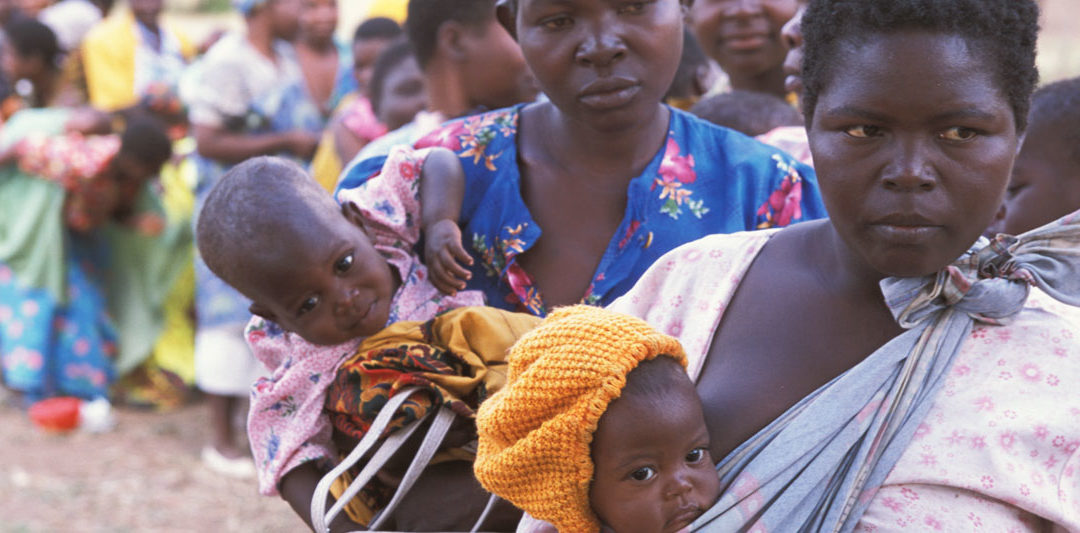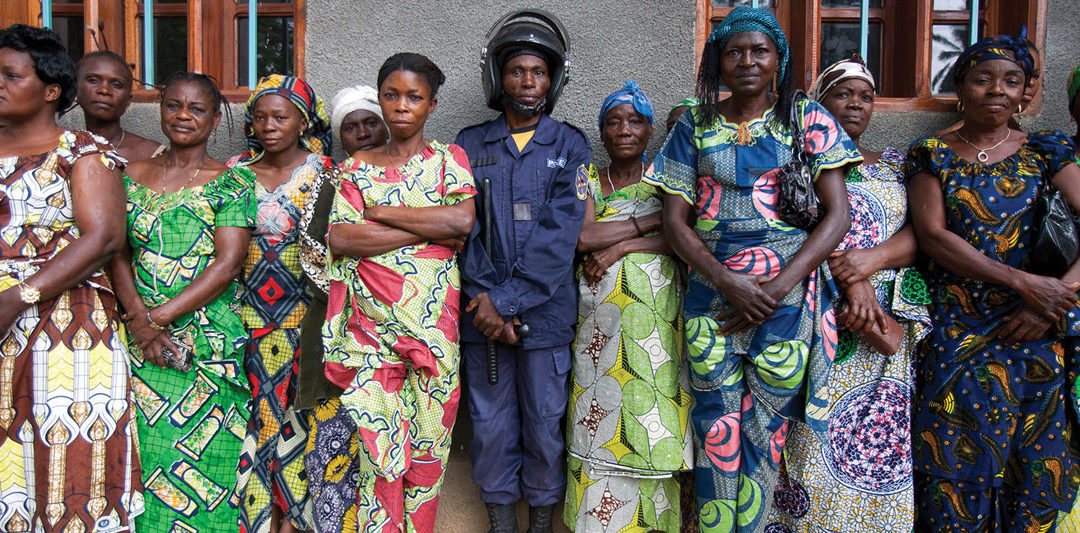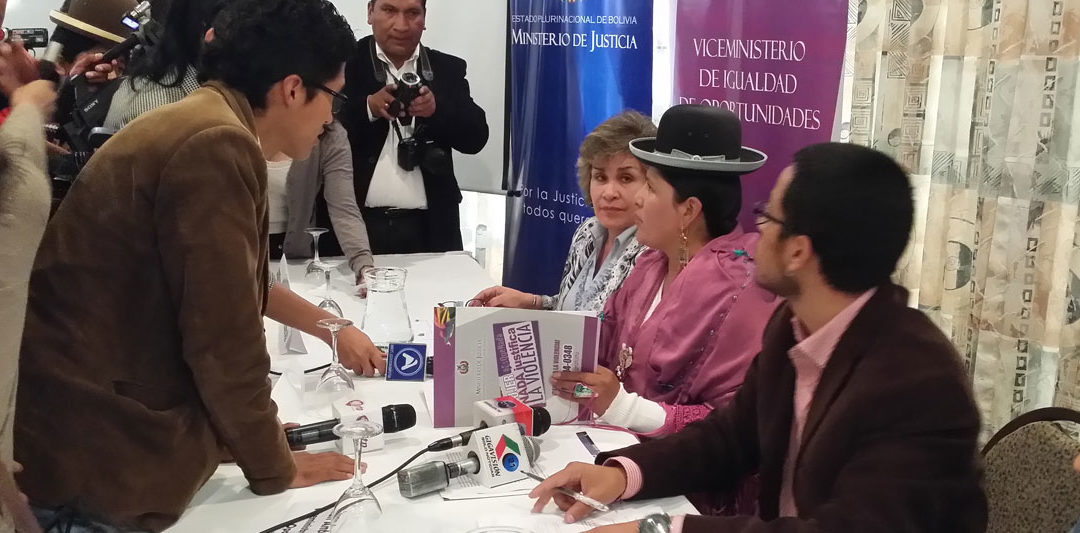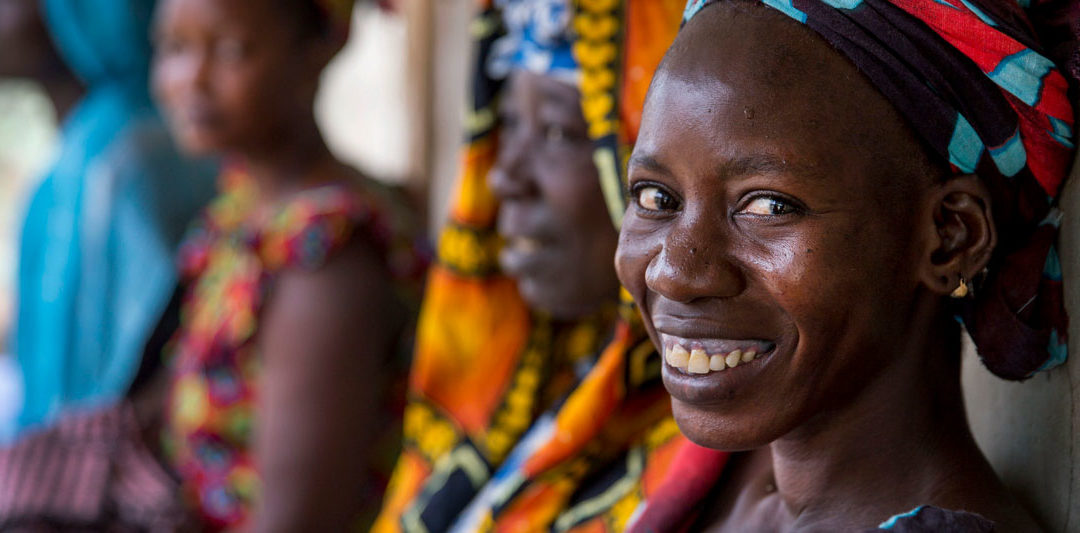Aug 3, 2016 | News
Drawn by the sound of traditional drumming, a crowd has gathered on a sunny morning in Zambia’s capital, Lusaka, to watch young performers dance and sing energetically. The dancing then gives way to a skit in which a charismatic male character courts one girlfriend, and then a second. The actors are masters of comedy (indeed, […]
Jul 20, 2016 | News
A group of reproductive health experts has recommended that the World Health Organization (WHO) update the way it defines and measures “unsafe” abortion. Since the 1990s, WHO has defined unsafe abortion as those performed either by individuals lacking the necessary skills or in an environment that does not conform to minimal medical standards, or both. […]
Jun 28, 2016 | News
Interview: Domestic provider, international perspective The U.S. Supreme Court decision striking down a Texas law placing undue requirements on abortion clinics is a significant victory not only for women in the United States, but for women around the world. It highlights both the importance of women’s access to abortion and the clear evidence that abortion […]

Jun 20, 2016 | News
As a member of the Inter-Agency Working Group (IAWG) on Reproductive Health in Crises, Ipas has been involved in efforts for many years to advance the sexual and reproductive health of people affected by crises. . Tamara Fetters, Ipas senior research and evaluation advisor, and Tracy DiTucci, Ipas special projects advisor, fielded questions about Ipas’s work in this area.
Jun 7, 2016 | News
New research from South Africa suggests that women can use mobile devices, such as phones or tablets, to accurately assess their eligibility for medical abortion via an online gestational age calculator. Findings from the Ipas-funded research project were recently published in the journal Reproductive Health. Led by principal investigator Dr. Jane Harries at the University […]
May 19, 2016 | News
“I followed my heart and my doctor’s advice for my survival,” said Marina Leite after having an abortion in Brazil, a country where abortion, in most circumstances, is regarded as a criminal act. Leite’s abortion, however, was legal and safe because her pregnancy was life-threatening. She was 28 weeks pregnant and was carrying an abnormal […]

Apr 27, 2016 | News
Police officers can be important allies in efforts to improve women’s access to safe abortion care. Ipas has worked with police in Ghana and other countries since 2009, and in the newly published manual, A Practical Guide for Partnering with Police to Improve Abortion Access, shares lessons and guidance based on that experience. “Even in […]

Apr 26, 2016 | News
Ipas Bolivia has launched a new initiative to increase women’s access to safe, legal abortion services in the public health system—an important step forward just two years after Bolivia’s highest court ruled to end a requirement for judicial authorization for women seeking legal abortions. In partnership with Bolivia’s Ministry of Justice, Ipas will train law […]
Apr 6, 2016 | News
The Inter-American Dialogue, a leading U.S. and foreign policy think tank, this week brought together Ipas and partners to raise awareness of a persistent human rights concern: Across Latin America, laws that make abortion a crime are violating women’s basic human rights. According to new research, laws in the region increasingly require or encourage health […]

Mar 29, 2016 | News
With a new report concluding there is “a vast unmet need” for safe, induced abortion care in francophone West Africa, Ipas is stepping up work with national and international partners to expand comprehensive abortion care (CAC) service delivery and access in the region. According to the report, Comprehensive Abortion Care Needs and Opportunities in Francophone […]




